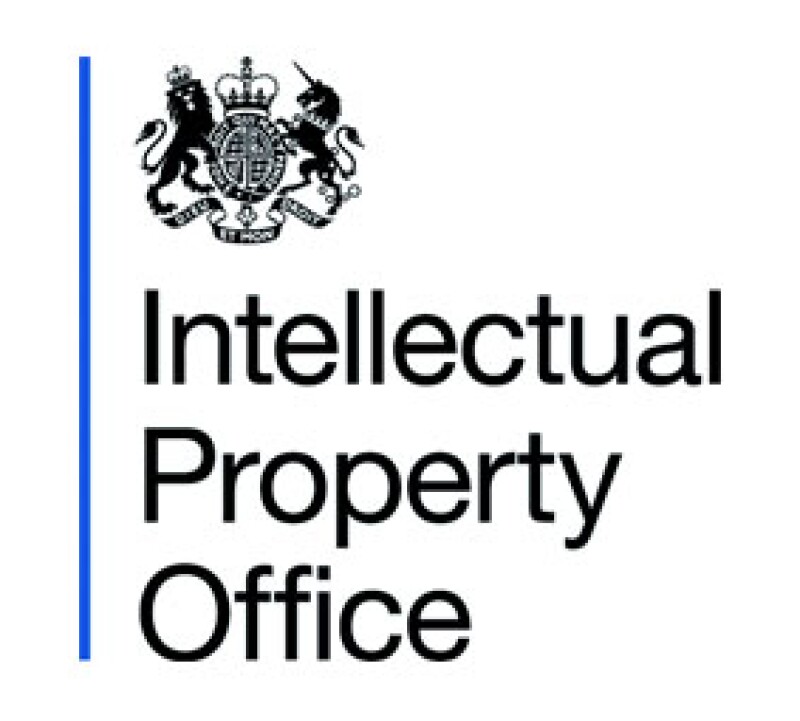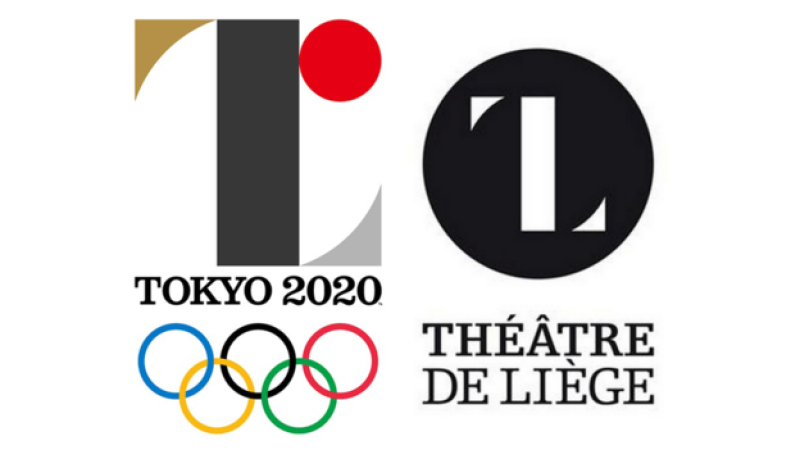Clarity on cluttering

The UK IPO has published a study on cluttering and non-use of trade marks in Europe, researched and written by George von Grevenitz, Richard Ashmead and Christine Greenhalgh. Given that the process culminating in the proposal of new EU trade mark legislation is effectively complete (a process that was partly the result of concerns about cluttering) this study might be seen as something of a late arrival.
However, it does provide some useful if not conclusive evidence, based on comparisons between the UK, EU and US systems. Responses from 11 anonymous trade mark practitioners contain both critical and broadly supportive views of the EU system though the report notes that: “Overall the critical voices are stronger” (possibly reflecting the UK’s generally ambiguous relationship with the EU).
Moreover, the 118-page study finds that marks registered at OHIM contain claims to 50% more goods and/or services than identical marks registered at the USPTO, due to the less strict use requirements. That’s no surprise, but future policy makers might find it useful to have it set out in some detail, and with lots of charts.
The study is discussed by Estelle Senior of HGF on the Automotives + IP page on LinkedIn.
Logo falls at first hurdle

News outlets including the BBC reported that the 2020 Tokyo Olympic Games logo has been dropped due to plagiarism allegations made by a Belgian artist (see pictures, right).
The withdrawal of the logo, designed by Kenjiro Sano, was described by the BBC as “a highly unusual move”.
Amnesty for music samplers
Sony/ATV is offering an amnesty to artists who have sampled music owned by EMI Production Music. The six-month amnesty, which includes a waiving of retrospective royalties, started on September 1.
EMI Production Music owns a large library of rights to works including various TV theme tunes, which are thought to have been widely sampled in electronic music.
More details are available in the reports in The Independent (“’Sample amnesty’ will let artists keep royalties if they declare material lifted from other musicians”) and the Guardian (“What EMI’s six-month sample amnesty means for the music industry”)
Meanwhile, The Hollywood Reporter brings news that musician Jay Z “doesn’t want his wealth discussed at copyright trial”. He is in court charged with sampling an Egyptian composition in his song “Big Pimpin”, reports Eriq Gardner, but his lawyer wants to exclude evidence relating to what he’s worth, arguing it might cause the jury to make a bigger award. Forbes estimates Jay Z’s wealth at $550 million.
Big news down under

Australia’s High Court has upheld a ruling by the lower courts that AstraZeneca’s patent for rosuvastatin (which it sells as Crestor) is invalid for lacking an inventive step. The drug is a statin, used for treating high cholesterol.
In unanimous but separate opinions, the High Court judges found that the claimed invention was obvious in the light of the common general knowledge and the prior art submitted.
An obviousness challenge to the US patent for rosuvastatin failed in the US District Court for Delaware in 2010. AstraZeneca subsequently signed a deal with Watson Pharmaceuticals. The US patent expires in 2016.
Anger builds over Ariosa
As we have previously noted, Sequenom is seeking an en banc review of the Federal Circuit’s recent decision in its dispute with Ariosa, in which its diagnostic testing patent was invalidated under Section 101. Now, 23 law professors have chimed in with an amicus brief (co-authored by Kevin Noonan of McDonnell Boehnen Hulbert & Berghoff and Adam Mossoff of George Mason University School of Law)
In a post on the IP Watchdog blog, Devlin Hartline argues that the Federal Circuit panel “reached the wrong conclusion” and misapplied the US Supreme Court’s Mayo ruling. Moreover, he says, the decision “strikes at the very heart of the patent system”: “…the panel’s reasoning simply cannot be squared with several innovations that the Supreme Court has historically upheld as proper statutory subject matter.”
Definitely one to watch.









